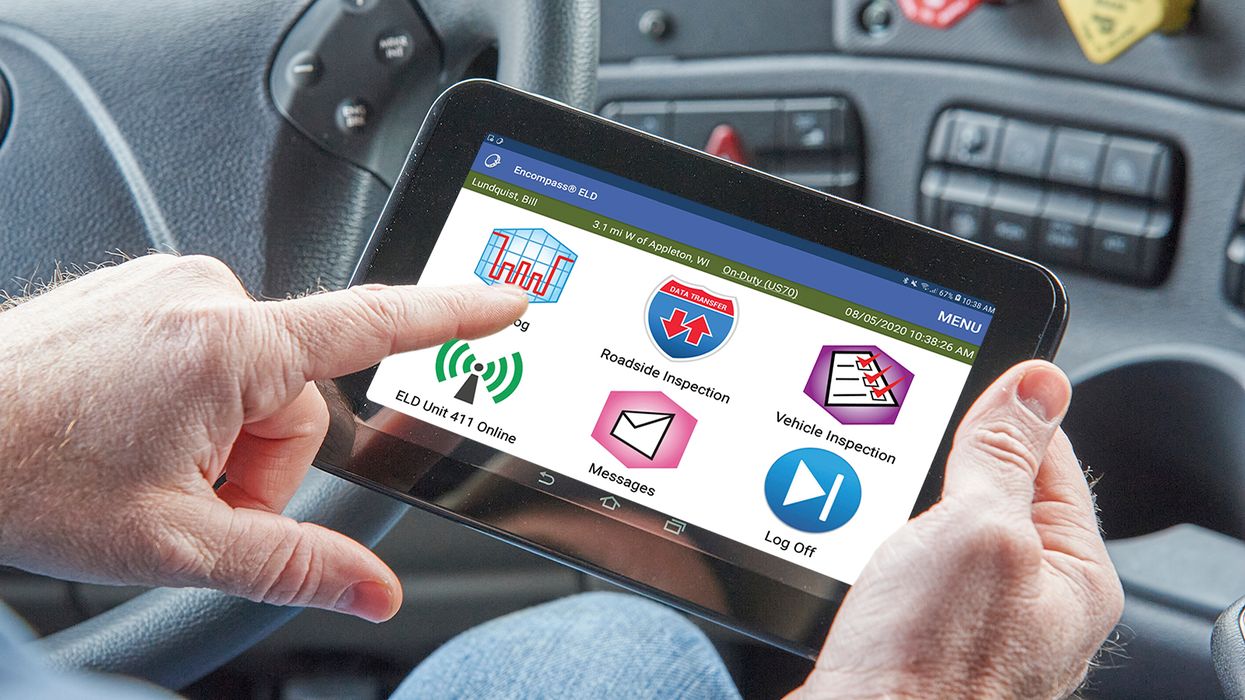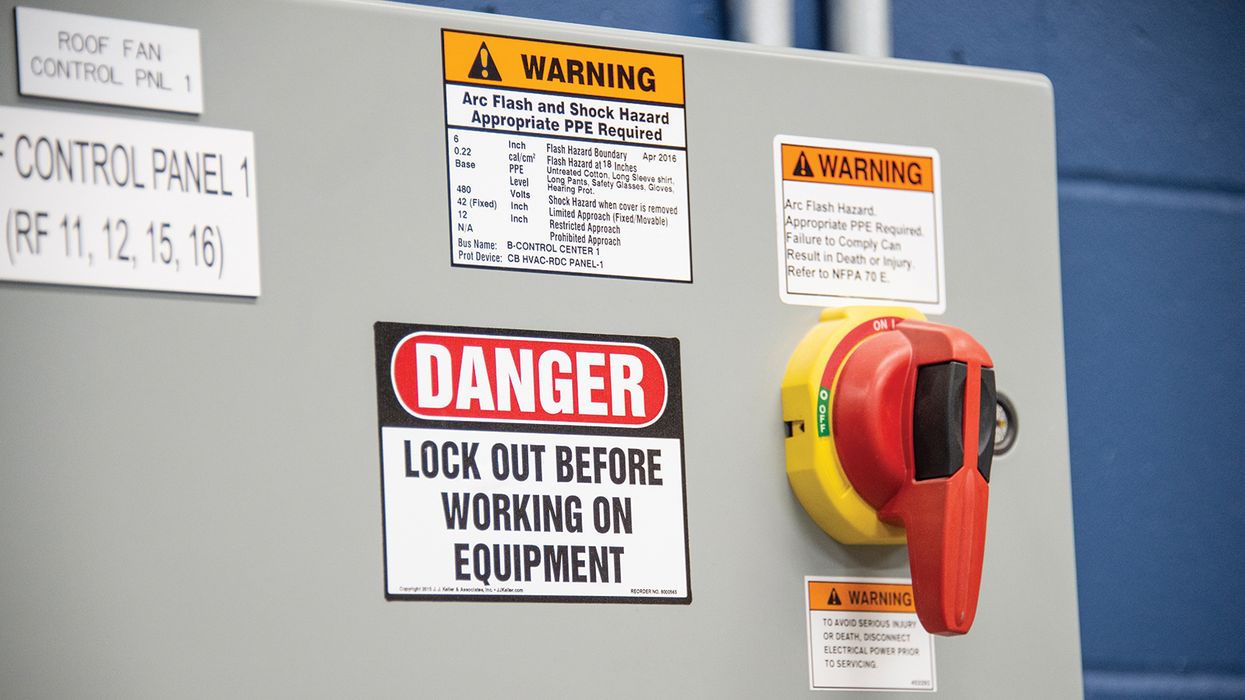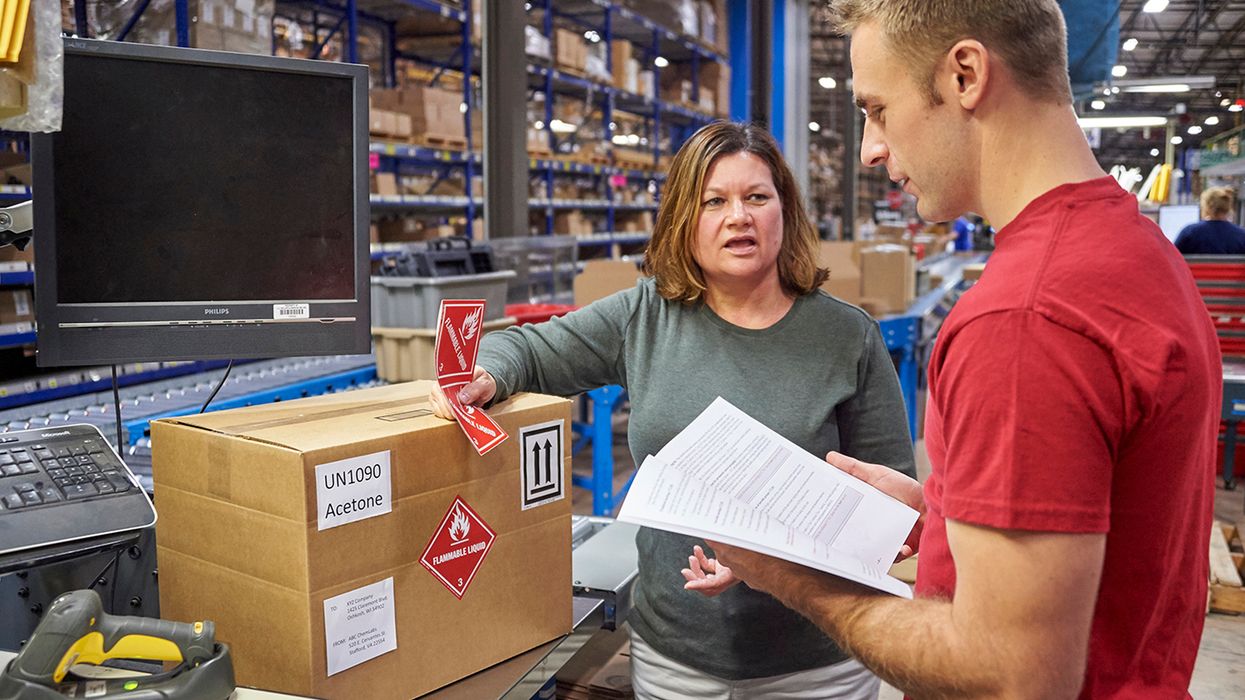Understanding Canada’s ELD certification process
Electronic logging devices (ELDs) have become a pivotal component in the Canadian trucking industry, helping to ensure compliance with hours-of-service regulations and enhancing road safety. ELD providers must ensure their ELDs are certified before the ELDs can be legally used in Canada. The certification of ELDs is a rigorous process that involves third-party testing to meet the standards set by Transport Canada. These third-party certification bodies must be accredited before they can provide the testing services. The certification process for ELDs in Canada is designed to ensure that devices are reliable and tamper-proof. This process verifies that the ELDs comply with the Technical Standard for Electronic Logging Devices and the Commercial Vehicle Drivers Hours of Service Regulations.
Certification and compliance
Transport Canada has established a registry of accredited certification bodies responsible for testing and certifying ELDs. These bodies are tasked with ensuring that the devices meet all the necessary technical requirements. Once certified, the ELDs are listed on Transport Canada’s website, providing a reference for motor carriers and enforcement agencies.
U.S.-based carriers that operate in Canada must use an ELD that is certified according to Canadian regulations. After June 12, 2021, it became mandatory for U.S.-based motor carriers and drivers to use ELDs that meet Canada’s technical standards and are tested and certified by Transport Canada. It’s important to ensure that an ELD is on Transport Canada’s list of certified devices to remain compliant when driving in Canada.
Unlike the self-certification process in the United States, Canada’s approach involves independent certifying bodies that help maintain the integrity of the systems.
Device certification status
The ELD certification status in Canada is a crucial aspect for the trucking industry, ensuring that devices comply with the stringent standards set by Transport Canada. Certified ELDs are meticulously evaluated against the Technical Standard for Electronic Logging Devices, ensuring they meet all requirements for recording drivers’ hours of service accurately and securely. The certification includes details such as the vendor name, product model, software version, and the specific technical standard it complies with. Once an ELD undergoes the testing process by an accredited third-party certification body, the certification status is publicly listed on Transport Canada’s website. This provides transparency and easy verification for motor carriers and enforcement agencies.
Certification isn’t permanent
It might be surprising for some to find out that the certification status is not permanent; it requires ongoing compliance and may be subject to change. Devices can be listed as “Certified,” or in some cases, “No longer certified,” reflecting their current standing. ELD users need to stay informed about the certification status of their devices to ensure they remain compliant with Canadian regulations.
In order for the ELD to be considered legal for a Canadian or U.S.-based carrier to use, it must be listed as certified in Transport Canada’s list. Unlike the FMCSA, when a device is removed, Transport Canada does not send out a notice to the industry, therefore it is up to carriers and/or drivers to keep up to date on the certification status of their devices.
What if a carrier doesn’t use a certified ELD in Canada?
Using a non-certified ELD in Canada can lead to several consequences, including:
- Fines: Operators may face fines ranging from $250 to $20,000;
- Carrier Safety Record Points: Non-compliance can result in points being added to the carrier’s safety record, which can affect their rating upon conviction; and/or
- Reputation Damage: A carrier’s reputation within the industry may be negatively impacted, potentially affecting business opportunities and relationships.
Key to remember: Stay informed on updates, regularly check for any updates or changes to the list of certified devices, and ensure that your ELD is compliant with the regulations in Canada. This can help prevent potential penalties for non-compliance.





















































